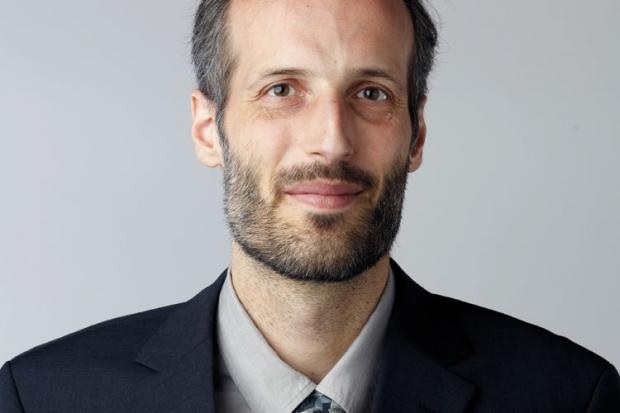Professor Martin Hairer
DOI:
https://doi.org/10.31273/eirj.v3i1.123Keywords:
Martin Hairer, Fields Medal, mathematics, SPDEs, probability, ising universality modelAbstract
Professor Martin Hairer was one of four recipients of the 2014 Fields Medal, widely viewed as the highest honour a mathematician can receive. He is currently Regius Professor of Mathematics in the Mathematics Department at the University of Warwick. Professor Hairer has contributed significantly to the field of stochastic partial differential equations (SPDEs), which engages with interdisciplinary approaches to mathematics and physics. He has enjoyed great success communicating mathematics to a range of audiences and has also developed music editing software.
In this interview, early career mathematicians, Dr Martine Barons (MJB) and Dr Paul Chleboun ask Professor Hairer (MH) about how his interest in mathematics developed; the awards ceremony where he received the Fields Medal; Amadeus Pro, the music software he developed and continues to maintain; and the challenges of engaging a sceptical and sometimes critical public as a mathematician.
Downloads
References
EPSRC & Council for the Mathematical Sciences (2012). ‘Mathematical Sciences Research: Leading the Way to UK Economic Growth’: http://www.ima.org.uk/_db/_documents/4_page_economic_impact.pdf [accessed on 4 September 2015]
Wolchover, Natalie (2014). ‘In noisy equations, one who heard music’, Quanta Magazine: https://www.quantamagazine.org/20140812-in-mathematical-noise-one-who-heard-music/ [accessed on 4 September 2015]

Published
Issue
Section
License
Authors who publish with this journal agree to the following terms:
Authors retain copyright and grant the journal right of first publication with the work simultaneously licensed under a Creative Commons Attribution License (CC-BY), which permits use and redistribution of the work provided that the original author and source are credited, a link to the license is included, and an indication of changes which were made. Third-party users may not apply legal terms or technological measures to the published article which legally restrict others from doing anything the license permits.
If accepted for publication authors’ work will be made open access and distributed under a Creative Commons Attribution (CC-BY) license unless previously agreed with Exchanges’ Editor-in-Chief prior to submission.
Authors are able to enter into separate, additional contractual arrangements for the non-exclusive distribution of the journal's published version of the work (e.g., post it to an institutional repository or publish it in a book), with an acknowledgement of its initial publication in this journal.
Authors are permitted and encouraged to post their work online (e.g., in institutional repositories or on their website) prior to and during the submission process, as it can lead to productive exchanges, as well as earlier and greater citation of published work. (see: The Effect of Open Access)
